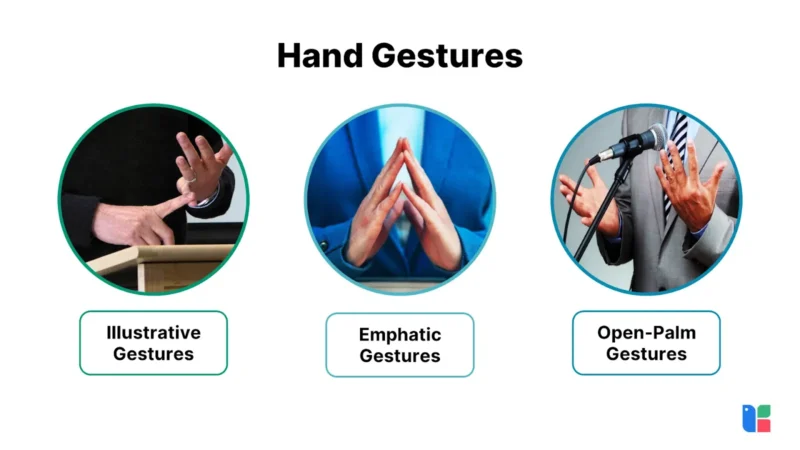3 Simple Rules for Better Time Management Solution
Time management solution-Time management is such an overrated word. It’s been discussed in business circles over and over, yet it’s something that poses a challenge to all of us–employees, employers, students, parents. Despite awareness on the benefits of time management, not everyone is encouraged to at least try–if not perfect–the skill.
 In essence, time management is aimed not only on increasing ROI, but also on improving everyone’s quality of life. Time management reduces stress and allows individuals to gain better control of their lives while building confidence.
In essence, time management is aimed not only on increasing ROI, but also on improving everyone’s quality of life. Time management reduces stress and allows individuals to gain better control of their lives while building confidence.
If you are among those people who always have trouble getting things done, don’t fret. There are some very powerful steps you can take which are quite simple. 1. Pareto’s Principle or the 80/20 Principle.
This principle simply states that 80% of the result is from 20% input. How does this translate to time management?
Simple. You waste a big chunk of your time on useless activities–watching TV, updating your Facebook status, sending personal emails, talking excessively over the phone, and the list goes on–mostly because you want to be distracted. But the real question is: Are you doing what you really need to do?
Sometimes, even work interrupts work. More urgent work hinders you from getting more important things done. But are you doing the right work? Here is where the Pareto principle comes in. If you will look at your time like money, maybe you’ll have a different perspective on how you can get things done. Ask yourself, where are you spending your time and how do you spend it? What are today’s most important tasks? There are work elements that increase your productivity and there are those that negatively impact the bigger goals you need to achieve. 2. Drucker’s Declaration.
This declaration will require you to “do first things first and second things not at all.”
Confusing? Not exactly. Before you end your work day, try to list five things that you need to do the following day. Number your list depending on what needs to be done FIRST. Stick to your list and start working on the first task first thing the following day. Once you’re done with the task, cross it off your list. The second item will now become the first task and do it. Whatever is left at the end of the day should be carried over the next working day. Pretty simple, right? 3) Parkinson’s Law. Again, a very simple principle that states, “work expands so as to fill the time available for its completion.” How much time do you need to write a letter to your friend overseas and send it? Fifteen minutes? Thirty minutes tops? What if I tell you that another individual can use up a whole day to do that one particular task? One hour to find a pen and paper, a good three to four hours to write the letter, thirty minutes to put it inside the envelope, another hour to decide if they should take the umbrella when going to the mailbox.
The principle is very simple. You could have finished something sooner if you only decided to start and finish it sooner. The crucial point here is to not overshoot your time frame for each task. create shorter deadlines and meet it. Stop waiting. Things will not always happen when you wait and your tasks will not get done unless you act on it. Always remember that progress is always more preferred than perfection. If you keep perfecting your work, tasks will never get done and your work will pile up. Reflect, internalize and act based on the three principles stated above and get started on a better time management habit. by Anthony Codispoti. Anthony Codispoti is the founder of GetMyTime, a web-based time and expense
tracking solution for small & medium-sized businesses. Founded in 2001,
GetMyTime is the first web-based time tracking system to integrate with
QuickBooks accounting software. A serial entrepreneur since he graduated
from The Ohio State University in 1997, Anthony enjoys brainstorms,
masterminds, and Chipotle.
 In essence, time management is aimed not only on increasing ROI, but also on improving everyone’s quality of life. Time management reduces stress and allows individuals to gain better control of their lives while building confidence.
In essence, time management is aimed not only on increasing ROI, but also on improving everyone’s quality of life. Time management reduces stress and allows individuals to gain better control of their lives while building confidence.If you are among those people who always have trouble getting things done, don’t fret. There are some very powerful steps you can take which are quite simple. 1. Pareto’s Principle or the 80/20 Principle.
This principle simply states that 80% of the result is from 20% input. How does this translate to time management?
Simple. You waste a big chunk of your time on useless activities–watching TV, updating your Facebook status, sending personal emails, talking excessively over the phone, and the list goes on–mostly because you want to be distracted. But the real question is: Are you doing what you really need to do?
Sometimes, even work interrupts work. More urgent work hinders you from getting more important things done. But are you doing the right work? Here is where the Pareto principle comes in. If you will look at your time like money, maybe you’ll have a different perspective on how you can get things done. Ask yourself, where are you spending your time and how do you spend it? What are today’s most important tasks? There are work elements that increase your productivity and there are those that negatively impact the bigger goals you need to achieve. 2. Drucker’s Declaration.
This declaration will require you to “do first things first and second things not at all.”
Confusing? Not exactly. Before you end your work day, try to list five things that you need to do the following day. Number your list depending on what needs to be done FIRST. Stick to your list and start working on the first task first thing the following day. Once you’re done with the task, cross it off your list. The second item will now become the first task and do it. Whatever is left at the end of the day should be carried over the next working day. Pretty simple, right? 3) Parkinson’s Law. Again, a very simple principle that states, “work expands so as to fill the time available for its completion.” How much time do you need to write a letter to your friend overseas and send it? Fifteen minutes? Thirty minutes tops? What if I tell you that another individual can use up a whole day to do that one particular task? One hour to find a pen and paper, a good three to four hours to write the letter, thirty minutes to put it inside the envelope, another hour to decide if they should take the umbrella when going to the mailbox.
The principle is very simple. You could have finished something sooner if you only decided to start and finish it sooner. The crucial point here is to not overshoot your time frame for each task. create shorter deadlines and meet it. Stop waiting. Things will not always happen when you wait and your tasks will not get done unless you act on it. Always remember that progress is always more preferred than perfection. If you keep perfecting your work, tasks will never get done and your work will pile up. Reflect, internalize and act based on the three principles stated above and get started on a better time management habit. by Anthony Codispoti. Anthony Codispoti is the founder of GetMyTime, a web-based time and expense
tracking solution for small & medium-sized businesses. Founded in 2001,
GetMyTime is the first web-based time tracking system to integrate with
QuickBooks accounting software. A serial entrepreneur since he graduated
from The Ohio State University in 1997, Anthony enjoys brainstorms,
masterminds, and Chipotle.





